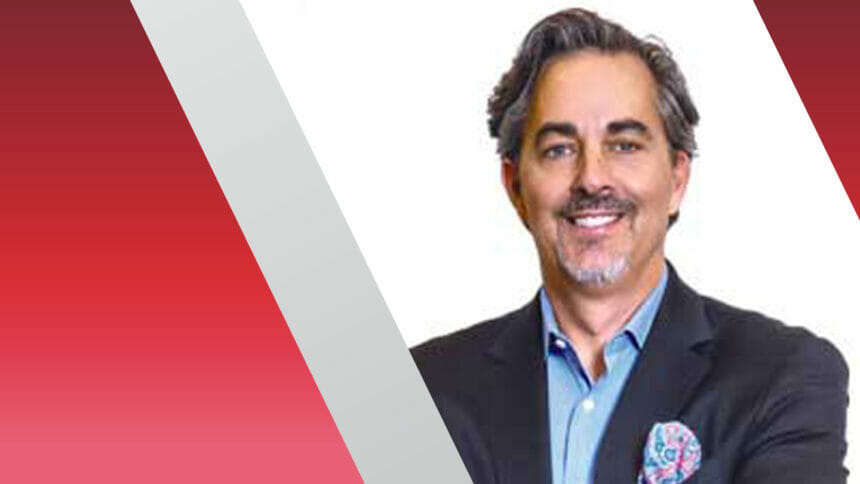
DENVER — Even as Institutional Special Needs Plans gain in popularity among long-term care providers, owners and operators must proceed with caution to determine how they best fit into the risk-sharing environment.
That was the advice from a panel of both seasoned and novice I-SNP participants held Monday on the first full day of the 2023 American Health Care Association/National Center for Assisted Living Convention & Expo.
Shalom Park in Aurora, CO, started its I-SNP journey with an Optum provided plan that added clinical services and support, removed the need for a 3-day hospital stay for Medicare coverage of resident’s skilled care and paid “limited” financial incentives as quarterly or annual bonuses. Earlier this year, the organization shifted to a capitation model.
“It’s an opportunity for increased revenue, but don’t forget that it’s a better level of care,” said Administrator Mindy Moskowitz. “We’ve had less hospital days. We’ve had less skilled days because of the partnership and having that NP [nurse practitioner] in our community.”
But under the capitation model, Shalom Park no longer gets extra revenue for skilled care of Medicare Part B services it provides to residents on the plan. Instead, it gains a financial incentive when able to control costs as part of ongoing care. And the facility still has the opportunity to land bonuses if meeting performance benchmarks.
Moderator Steve Fogg (pictured), CFO for Marquis Companies and Consonus Healthcare, called Moskowitz’s third-party run plan the most traditional and “least risky” approach.
But providers have an increasing range of options in the I-SNP space since Marquis jumped into the space in 2017. The company launched the AgeRight Advantage I-SNP and C-SNP plan “because we like to be in charge of everything that we do,” Fogg said. Initially, it was a way to improve physician services and the resident experience, but done right, it also could be a financial lifeline in Oregon, where Medicare Advantage penetration skyrocketed early.
“The I-SNP becomes an economic engine to help fuel the costs of that group of people,” Fogg said, later noting that the company’s initial start up cost was around $4 million and that margins may only be 1.5%. “But the process of starting your own I-SNP, it’s a lift, right? It takes a lot of effort.”
But such programs can pay off by reducing hospitalizations, improving length of stay and creating carryover effects that touch all residents — not just those that have opted into a plan.
That’s one reason Texas-based Touchstone is launching a plan in conjunction with Longevity and Humana starting in January. Touchstone COO Leslie Campbell said she has spent months overseeing staff training and encouraging her workers to understand that bringing a new partner onboard doesn’t discount the value that they bring to caregiving. The idea is that the I-SNP will allow the nursing home chain to better control what services it offers and bring more attention when clinicians notice changes in condition.
“This is a paradigm shift for caregivers in our space,” she said. “It goes to our commitment at Touchstone to being a solution. We don’t want to be on the sideline. We want to be on the front of this. We want to be at the forefront of creating solutions for this healthcare crisis.”
The session also featured Tom Coble, chief strategy officer at American Health Plans, and one of the first operators to launch an I-SNP decades ago. His initial plan was by all means a success until, he said Monday, his plan partner decided to sell because the plan wasn’t gaining enough members. Coble operated independently for several years before selling to American.
Many SNPs are market specific, with a bulk serving only certain counties in a single state. For some national providers used to MA memberships in the hundreds of thousands, Coble warned, the idea of picking up I-SNP enrollees a single building at a time might become unappealing. He cautioned today’s I-SNP joiners to pick partners they know they’ll want to be paired up with five years down the line.
“Partnership matters,” he said. “Nursing home owners need to do their due diligence. They need to get comfortable with where they’re at and understand that there are different ways to get into this space. … Look at the financial performance and track record. … Due diligence, due diligence, due diligence.”
The final speaker Monday was DJ Oliver, who has shifted from a participating provider in a national I-SNP to a joint venture and now to a full owner of a plan servicing 50 counties in North Carolina with the help of a third-party administrator. Liberty HealthCare also is adding a C-SNP plan, which can serve patients with certain chronic conditions who live outside institutional settings.
Closing out the packed session with a Q&A, Fogg noted that the competitive environment is only going to make value-based care participation more important in the near future.
“Take it from the perspective of a provider who is not doing this or maybe not going to to this … the risk is if your surrounding competitors are elevating their physician services, doing all the things with the model of care, making a difference to the residents. It’s going to risk your market share,” he said. “Not just with your long-term living population but also with your short-stay episodes.”



